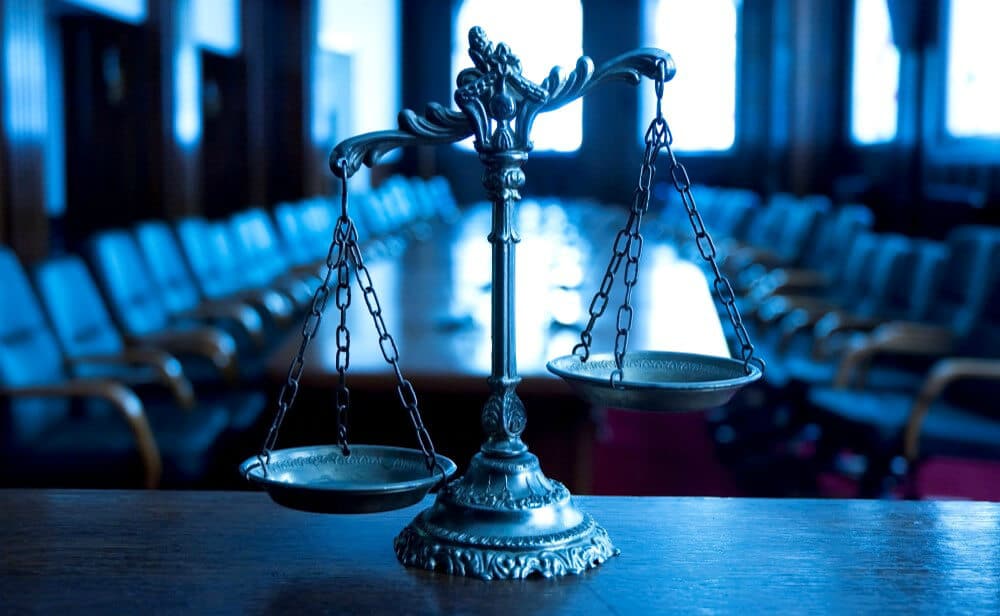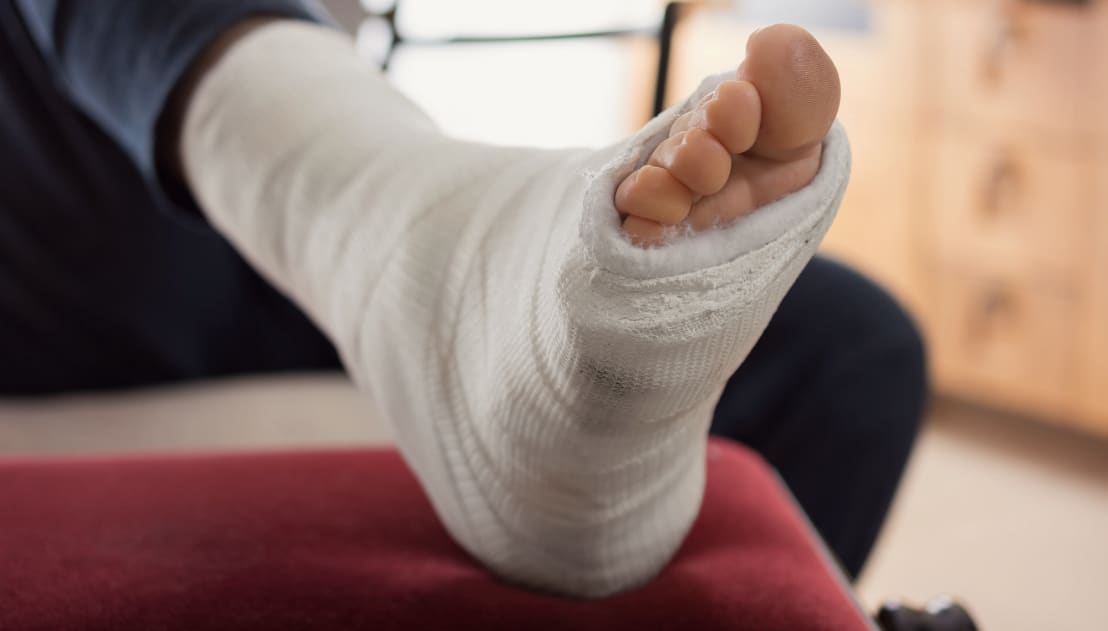Speak to a Civil Litigation Lawyer
Answer the following questions to schedule a free consultation
Answer the following questions to schedule a free consultation
To get started, give us a call during normal business hours and share some basic details about your case.
We’ll listen to your story, understand your goals, and create a legal strategy that aligns with your needs.
Receive top-quality legal representation. We’ll continue fighting until we get you the outcome you deserve.

With so much legal talent available these days, finding the right litigation attorney may seem daunting at first. How do you know you’re hiring a lawyer with the necessary skills to improve the outcome of your case? First of all, not every legal issue requires the services of a lawyer. However, when deciding whether or not to hire legal counsel for more complex matters, it is wise to remember the inestimable words of Abraham Lincoln, who said “He who represents himself has a fool for a client.”
When locating the best attorney for your case, it is necessary to have a basic understanding of the different types of lawsuits that can be brought in court. According to the Wex Legal Dictionary, litigation is defined as as “the process of resolving disputes by filing or answering a complaint through the public court system.”
It is also important to distinguish between criminal and civil cases. In a civil matter, the parties are generally pursuing a money judgment or other compensation. In criminal law, the state where the action takes place brings criminal charges against the defendant(s). As was the case with the tragic O.J. Simpson saga, when the resolution of a criminal case is felt to be unsatisfactory, a civil case can be brought against the defendant in an attempt to gain some level of redress.

A primary area of civil law involves corporate or transactional law. In this arena, you will find business lawyers whose main focus is commercial and financial related issues. Corporate lawyers typically negotiate toward an agreement rather than compete as adversaries. Like trial attorneys, corporate lawyers sometimes go to court when negotiations break down.

Malpractice cases are often difficult to navigate, and it can be hard to know when a medical mistake rises to the level of malpractice. One of the first things a lawyer will look at is whether the act qualifies as true medical malpractice. In order for litigation to be successful, they’ll need to prove a doctor-patient relationship existed, the doctor’s negligence caused the injury, and that the injury lead to specific identifiable damages.

In a personal injury claim, the plaintiff or injured party must prove liability on the part of the defendant. By far, the most common types of liability (or torts) are negligence torts. These occur when a person fails to take the proper precautionary measures, and someone else gets injured as a result. For example, a driver in a car accident is considered legally liable for the damages inflicted if they are deemed to be more than 50% responsible for the incident. If you find yourself in this type of situation, you should consult with an experienced personal injury attorney who specializes in tort law.

Now that we have a basic understanding of the different areas of civil law, you should now ask yourself some key questions about the process of finding a local civil litigation attorney:
No matter how highly recommended a top litigation attorney may appear, you’ll need to get a good sense of how much representation will cost and how you will be billed. Don’t be afraid to ask what his or her rates are. Legal fees can be very expensive, and this expense needs to be both reasonable and affordable for you.
There is a direct correlation between the amount of relevant experience a lawyer has and how likely they’ll be successful at trial. During the initial consultation, ask for details about their prior experience. You’ll need to have a good idea of their level of familiarity with handling your particular kind of claim. For instance, do they typically pursue lawsuits or are they more frequently involved in civil defense? The more an attorney specializes in cases which are similar to the details of your particular matter, the more likely they’ll be able to help you prevail.
When searching for a lawyer, it’s a good idea to know if they’ve ever been charged with, or worse convicted of, any type of professional misconduct. You may be able to find this information on your state’s bar association website. If you find negative feedback about the attorney, ask them how they were able resolve the issue. They’ll need to be able to assure you that any prior disputes were simply a one-off thing and won’t happen again. Otherwise, move on to another lawyer.
When searching for a law firm to handle your case, look for one that is top-rated and has largely positive reviews from former clients. You can also contact the nearest bar association to check the firm’s AV ratings. They’ll be able to help you quickly find local attorneys with the most relevant experience.
The importance of finding a law firm near you cannot be overstated. In general, you’ll want to choose an attorney that is local to your area (within 100 miles). This will allow you to meet with them in person during the initial consultation, which will give you a better idea of the type of person they are and whether you can trust them.
